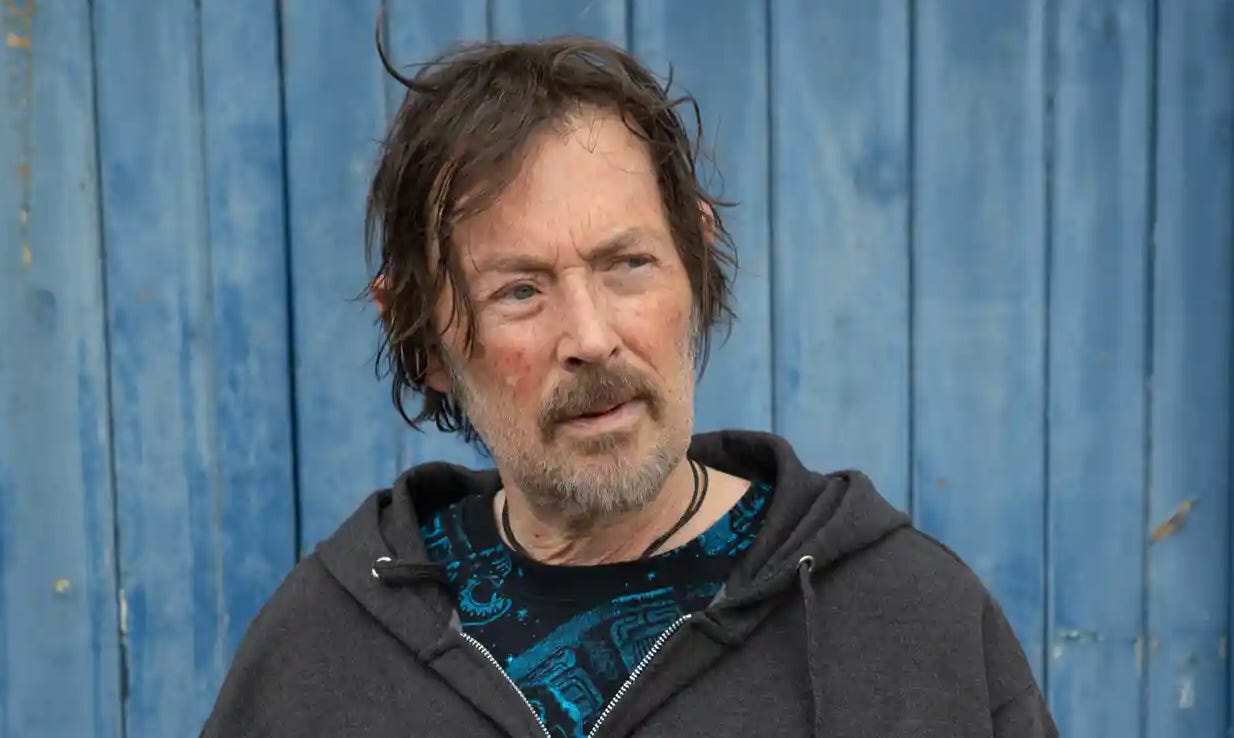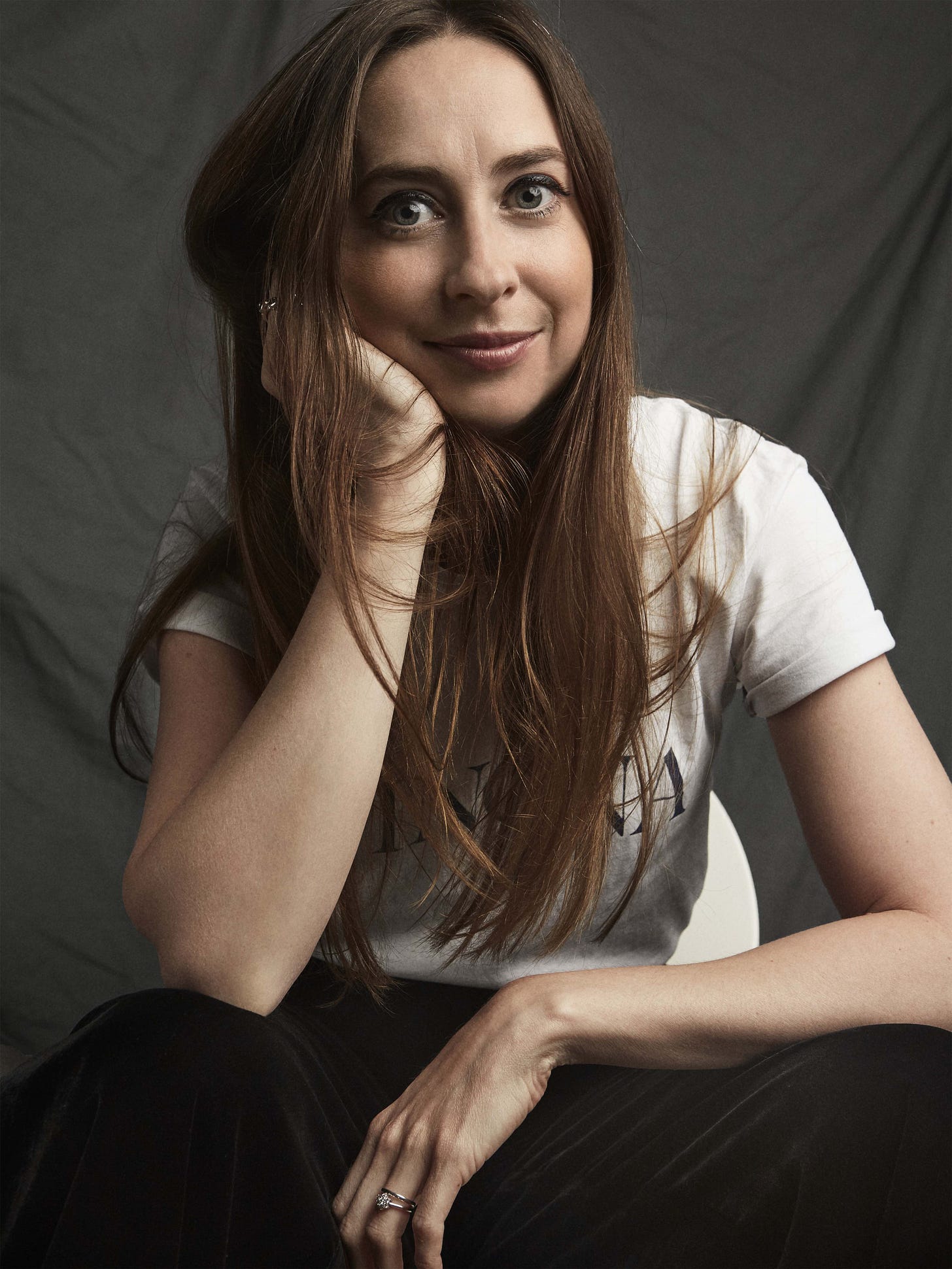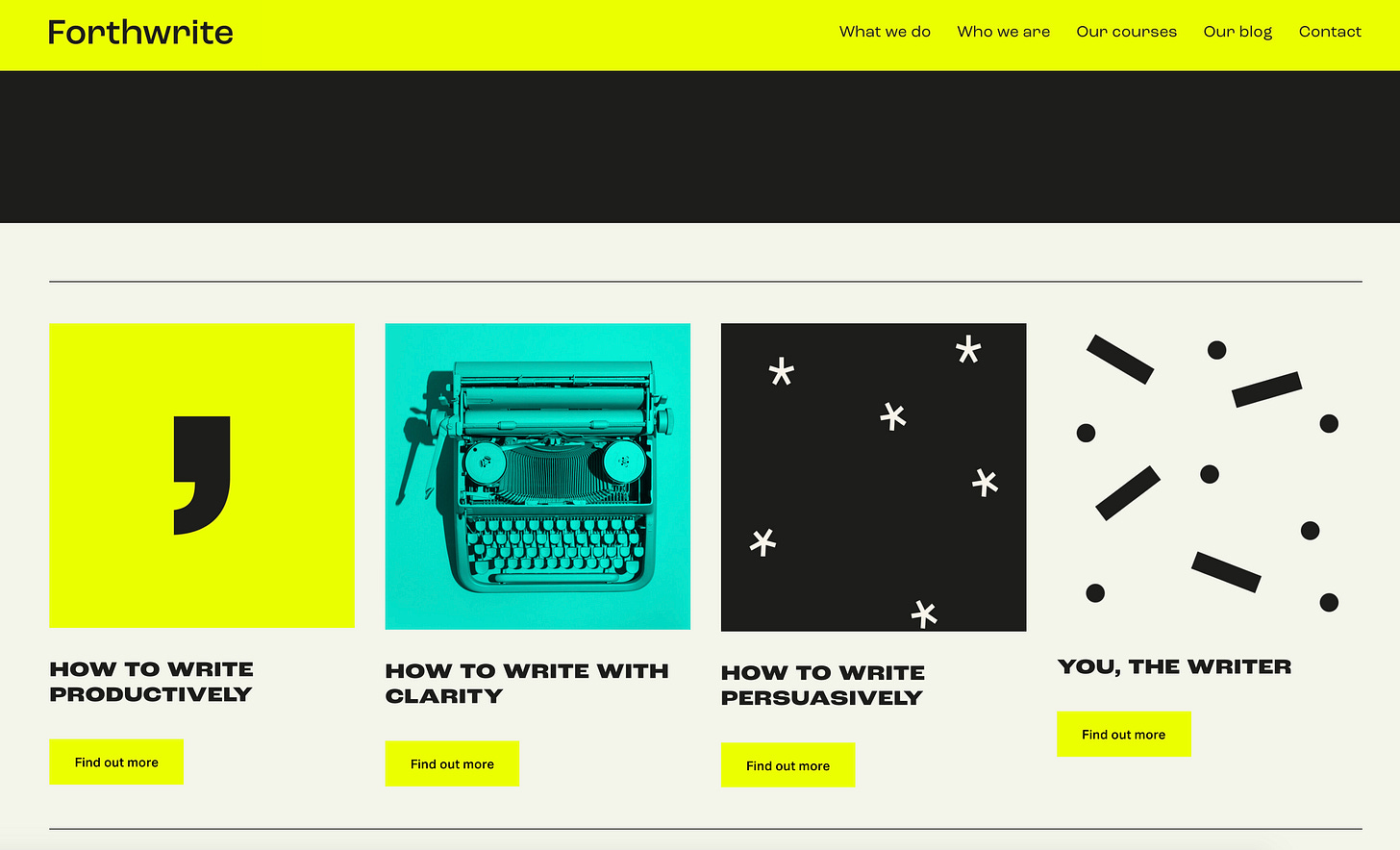Where writers write
In the second part of our Writing From Anywhere series, we peep inside the sanctuaries of some of our favourite modern-day authors
DBC PIERRE
The author of seven books, DBC Pierre won the Booker prize for Vernon God Little. His latest novel, Meanwhile in Dopamine City is out now.
‘Drifts of notes, lucky icons and clutter flow over my desk, all naturally occurring – that's where I write, it's nowhere special. But given that our real workplaces are in the mind, I've discovered that muses are mustered more by thoughts and not by settings. I've heard that Schiller couldn't work without the smell of rotting apples nearby, and over time I think I've come to understand why: because that smell was a trigger. He trained his productive muses just like puppies to come to that aroma, and I do the same using thoughts. In particular I use the thought of a bridge: if we imagine in pictures a bridge or a passageway between where we are now and where we will work – wherever that happens to be – and imagine ourselves crossing over it to a place where lucid work will flow, it can serve as well as a study overlooking the alps. What has happened, I think, with those of us who end up writing better in bed, or standing up, or naked, is simply that we have attached that position to the experience of good work in our minds.
And for that we only need our minds. Go and image-search a bridge in a Zen garden and steal it for yourself – the muse will go and wait for you to cross.’
DAMIAN BARR
Damian Barr is the author of the memoir Maggie & Me and his debut novel, You Will Be Safe Here.
‘I think in bed, even when I really should have my mind on other matters. Often I wake and go straight from bed to desk, half awake, and get whatever is in my head down before I forget it. That prose is never good, but sifted and looked at in the right light you can sometimes find gold. I never ever work at the kitchen table because I can’t deal with toast crumbs. I do my best reading on planes and trains so this past year has seen me read horribly little.’
NOO SARO-WIWA
Noo Saro-Wiwa is the author of the critically-acclaimed Looking for Transwonderland: Travels in Nigeria.
‘I have always used a laptop, and move house quite frequently, so my main ‘offices’ tend to be living room sofas or studio-flat beds. But being at home all day isn’t healthy, so three years ago I resolved to work in cafés. Pre-Covid I enjoyed hopping around different cafés in London, sometimes writing in two different places a day.
But ultimately, it doesn’t really matter where I work, so long as I have peace of mind: when I’m in ‘the zone’ I can write anywhere, including on Tube trains, thumbing paragraphs on my iPhone. That said, I’ve noticed that I don’t write so well in beautiful surroundings — my productivity nosedives when there’s an ocean view or verdant hills outside my window.’
MATTHEW PARRIS
Matthew Parris is the author of several books, including the travel book, Inca Kola, his autobiography Chance Witness and the bestselling The Spanish Ambassador’s Suitcase.
‘As a journo I take pride and pleasure in writing from wherever (and whenever) I can: in a field, a railway station, an aircraft, a field, a corridor or a quiet corner - anywhere I can balance a laptop or put a biro to paper. I’ve even dictated a column from an immigration queue!’
HELEN WHITAKER
Helen Whitaker is the author of The School Run – and her latest novel, I Give It A Year is out now.
‘When it comes to writing, I am Team Virginia Woolf all the way (if not in genre; as far as I know VW never published a parenting comedy). To be truly productive, I require a room of one’s own. In my case, it’s our loft/spare room, which, despite it being commonly known as ‘the Lego room’, has a small sanctuary that I’ve carved out at one end that tricks me into thinking the domestic detritus doesn’t exist. It’s nothing fancy: a desk (woe betide anyone who clutters it up with Lego) and my ‘things’ curated around and on top of it (a Stephen Collins print, and a potted plant and lamp that fit the colour scheme I have chosen). It doesn’t even look out of a window. However, for me the luxury of it is the lack of people and noise. As while I also write from cafes at lunchtime, or on my phone while commuting, or in fact from anywhere I can grab half an hour as I have to fit writing books around my day job and life as a mum, shutting the door to the loft and sitting at my desk in total silence is how I can concentrate solely on words and crank up my word count.’
OKECHUKWU NZELU
Okechukwu Nzelu’s debut novel, The Private Joys of Nnenna Maloney, won a Betty Trask Award and was shortlisted for the Desmond Elliott Prize and the Polari First Book Prize.
‘The nicest place I’ve ever worked is in a cottage on Tiree, a small island two hours’ off the coast of Scotland by ferry. A holiday might not seem like the most obvious time to get to work, but there was something about knowing that I was only a few moments away from sandy beaches and endless blue skies that made it all the easier to sit down, make things up and put words on the page’.
WILLIAM BOYD
William Boyd is the author of sixteen books including An Ice Cream War (shortlisted for the Booker), as well as the bestselling Any Human Heart. His latest book, Trio, is out now.
‘I like to work in my study in my house in Chelsea, London. I have two desks – one for my computer, one for writing in longhand – I write the first drafts of my novels in longhand. Books are shelved, floor to ceiling, on two walls and stacked in piles on the floor. I have a chronic book-storage problem. Any available wall space is filled with memorabilia – film posters of films I’ve written, rejected book jackets, photographs. There’s a fireplace with a functioning gas-coal fire (seldom used). Through the window I have a view up Radnor Walk (where John Betjeman lived) and in the distance I can see the spire of St Luke’s church on Sydney Street where, incidentally, Charles Dickens was married. I have a blind that can obscure the view – it depends on my mood whether it’s up or down. Writing in a room filled with books is the key – all those other books seem to inspire me.’
JOHN SIMPSON
The BBC's World Affairs Editor, John Simpson CBE, is the author of five non-fiction titles and the Jon Swift thriller, Moscow, Midnight. The sequel, Our Friends from Beijing, will be published this summer.
I've written most of my last two novels in a cafe attached to an ancient church in Oxford, where the staff are welcoming, the coffee keeps on arriving, and there are lots of people to stare at when invention flags. More than once I've added in a quick burst of conversation or a facial expression from other customers. I can play music really loudly on my headphones, and no one minds my Irish terrier who's curled up beside my feet and gets the odd tidbit whenever I have a snack. And there's glorious architecture all round to buoy me up.
To read the first part of The Writing From Anywhere series, please click here.
Whether you work in a shed, a bath or a bed, at Forthwrite, we teach writing that is an aid to productivity, not a hindrance – more output, faster working, less time wasted on cluttered words and confused thinking. As an editor, journalist and adman we know how much valuable time gets squandered . Our ‘How to write productively course’ will show you ways we’ve found to write faster and more fluently.










